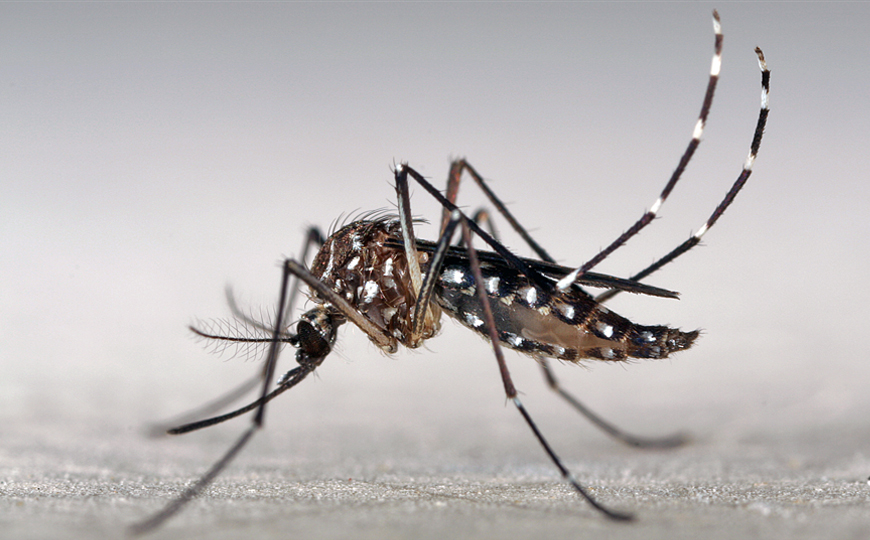As Zika Virus Controversy Continues, New Nonprofit Suggests World Leaders, Communities, and Families Change Views on Family Planning
Organization advocates for smaller families working together to plan a better future for every child.
(July 11, 2016) San Francisco —
In Latin America, there are now thousands of cases of babies being born with microcephaly, the debilitating neurological syndrome associated with the Zika virus.
Health officials are advising women to avoid pregnancy until the epidemic passes. There’s just one problem: many countries in this region do not ensure that women have sufficient access to contraception to avoid unwanted pregnancies, and abortion remains essentially illegal. This is not just an issue in Latin America, but is a concern for the United States as well. According to Paul Blumenthal, MD, Zika is expected to spread to Louisiana, Texas, and Mississippi, where reproductive health care is incredibly difficult to access, especially for low-income families. Zika has brought new urgency to the need to reform family planning systems. However, it raises the question: were we set up to fail in the face of a virus like Zika?
Decades before the Zika outbreak, world leaders came together to define certain fundamental human rights, including parenting rights. They created a rights-based parenting model that treated the choice to have children as one-sided, focused exclusively on parents and their isolated decision-making.
Carter Dillard, founder and president of Having Kids, believes there is a problem with this way of thinking. “We all know parenting cannot be one-sided, because seeing it that way ignores how government policies affect the decisions made by parents, the resources parents have access to and need to support a child, and most importantly, the interests of the children being born into this world and the communities those children are joining, said Dillard.
According to Having Kids, this one-sided parenting model isolates families, and the cost becomes obvious when society needs to work together to help families delay or prevent pregnancy—as in Latin America or the US—and is unable to do so.
Dillard continues, “We need to think about having kids in terms of the minimum level of well-being each child deserves before being brought into the world, and how families, communities, and countries can work together to meet and raise that level.”
What is the solution? Having Kids suggests that world leaders, businesses, communities and families change the way they talk about human rights and family planning and move from a one-sided model that isolates parents to a three-sided model, which includes the interests of future children, parents, and the community in family planning decisions. It’s about smaller families working together to plan a better future for each child. Dillard concludes that this will “move us from “we can’t talk about this” to “how do we work together to solve this problem.”

